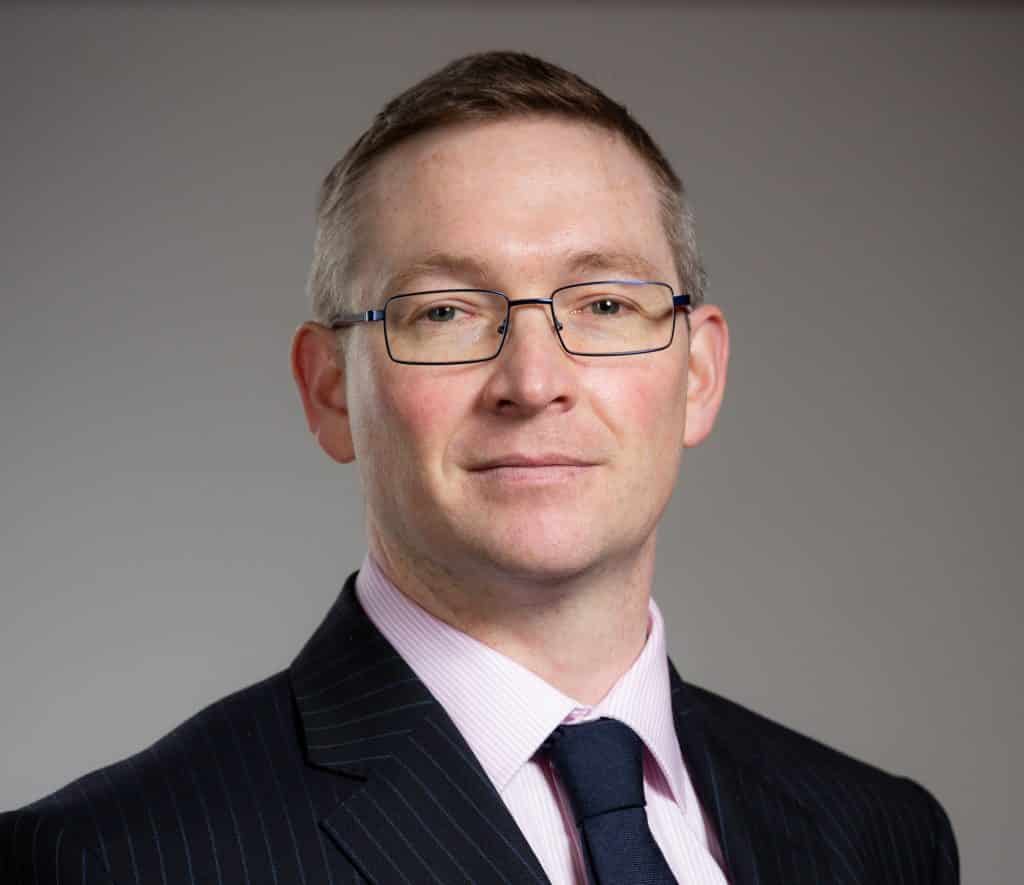More than $5 trillion is traded in foreign currency exchanges every day. Could you jump into investing in foreign currency and get a piece of that amount?
Absolutely! However, trading foreign currency is not as simple as it might sound. A beginner who tries to invest without some knowledge of what they’re doing will find success hard to come by.
There are many insider things to learn about this form of trading. If you’re considering getting into the game, we want to make sure you’re equipped to do so.
In this article, we’re laying out the basics of investing in foreign currency. We’re giving you the terms and the concepts so that you have what you need on hand before you pull the trigger on your first trade.
What is Forex?
Forex is the term used for trading in foreign currency. It is also the Foreign Exchange Market where currencies are traded. Forex is managed by banks and financial institutions rather than a centralized exchange like the Nasdaq.
Forex is, at its simplest, the buying and/or selling of two currencies. It uses the value of one currency against another to determine prices for buying and selling.
The exchange rate is the rate at which your trade will occur. The exchange rate is the value of one country’s currency against another. It is shown as a ratio, so, for example, 1 Euro might be worth 1.68 US Dollars.
Which Currencies Can You Trade?
Investing in foreign currency is always done in pairs. Pairs of currencies are represented by 2 three-letter codes put together. The codes are for each currency in the pair.
For example, EURUSD is a pairing of Euros and US Dollars. The first currency is the base and the second is the quote.
Pairings of currencies come in 3 categories. The categories are major, minor, and exotics.
Major Pairings
Major pairings are a combination of two of the major currencies of the world. The major currencies are:
- US Dollars (USD)
- Euro (EUR)
- Japanese Yen (JPY)
- British Pound Sterling (GBP)
- Swiss Franc (CHF)
- Canadian Dollar (CAD)
- Australian Dollar (AUD)
- New Zealand Dollar (NZD)
When beginners start investing in foreign currency major pairings draw their attention because they fluctuate more and more often.
Minor Pairings
Minor pairings feature one or more of the major pairing currencies but never the US Dollar.
Exotics
Exotics combine a heavily traded (usually a major currency) with a lightly traded currency. For example, you might combine the US Dollar with the Brazilian Real for a minor pairing.
Keys to Investing in Foreign Currency
When you are starting your journey into investing in foreign currency you need to be aware of terms, how to buy and sell, and what you can expect from your trade.
Buying Foreign Currency
When you want to buy foreign currency you are buying the base currency and selling the quote currency in the pairing you have chosen. So, if you want to buy US Dollars and sell British pounds you will have a pairing of USDGBP.
If you are buying currency you want the value of your pairing to rise. You can then sell it later if it falls to make a profit.
Selling Foreign Currency
The opposite is true if you are selling currency. In that scenario, you will still have a pairing of USDGBP but you will be selling the base currency and buying the quote currency.
When selling currency you want the pairing to fall in value. That way you can buy it back later if it rises in value.
Liquidity
Liquidity is the amount of demand for any given currency. Liquid currencies are bought and sold more frequently. The more liquid a pairing is the more likely you will be able to buy and sell at a profit.
Major pairs are usually more liquid than minor or exotic pairs. This is because there is more international trading of major pairs and more demand for the base and quote currencies.
Liquidity is measured in pips. Pips represent 0.0001 of the quoted price for the pair. If a pair has a quoted price of 1.57789 and moves to 1.57790 that is a change of 1 pip.
Pairings with more liquidity will typically have changes of around 100 pips a day. Pairings with less liquidity have changes of 50 pips or lower a day.
Bid and Ask
The terms “bid” and “ask” are also important to understand when investing in foreign currency.
The bid is what a broker will pay you for a pairing. The ask is what the broker will want you to pay for a pair.
The difference between the two numbers is called the spread. So, if the bid is, say 1.5111 and the ask is 1.5115 the spread is 0.0004, or 4 pips. In order to make a profit from a buying trade, you’ll need the pair to cross the spread above 1.5115.
Study So That You Know All About Investing in Foreign Currency
Forex trading is tricky. Spend time learning about the pairings. Investigate trends and spreads, and look at how liquid a pairing is before you jump in.
Because pairs of currencies don’t move a lot, up or down, investing in foreign currency does not result in huge gains or losses for beginners.
The language and terms can be confusing. It’s an insider’s lingo. Make sure you know what all the things in this article refer to.
At the same time, Forex trading can be fun and rewarding.
If you’d like advice on how to get started with your first Forex trades get in touch with us. We understand the foreign currency markets, and we have a wealth of knowledge to help you make the best choices on pairings and trades. We look forward to helping you.



